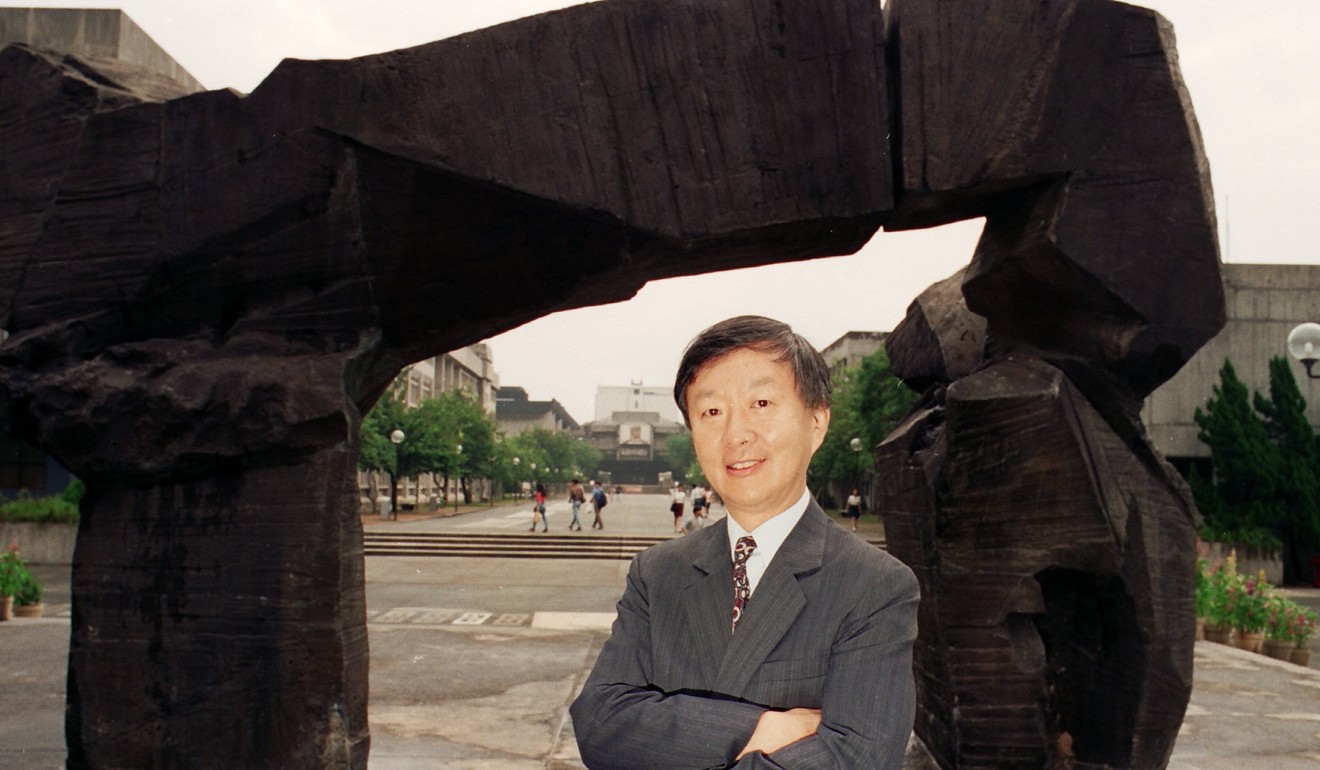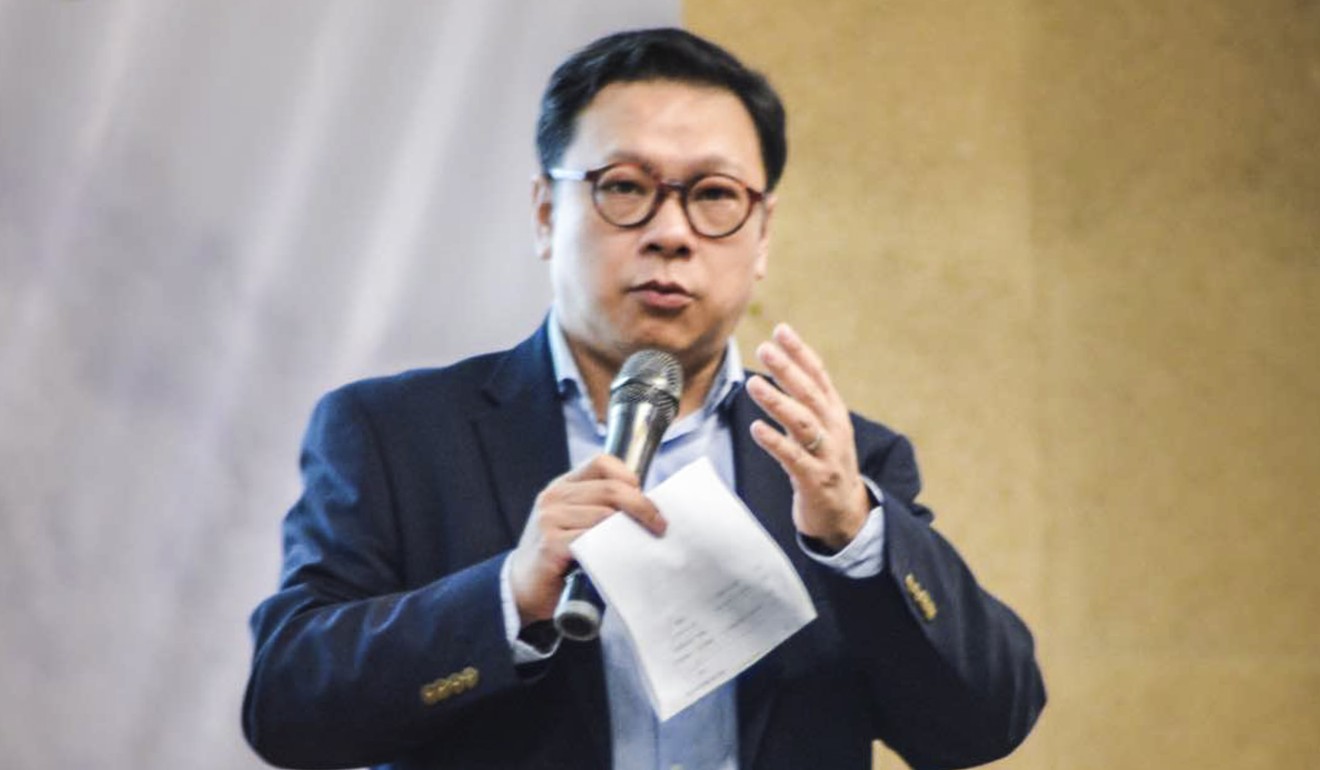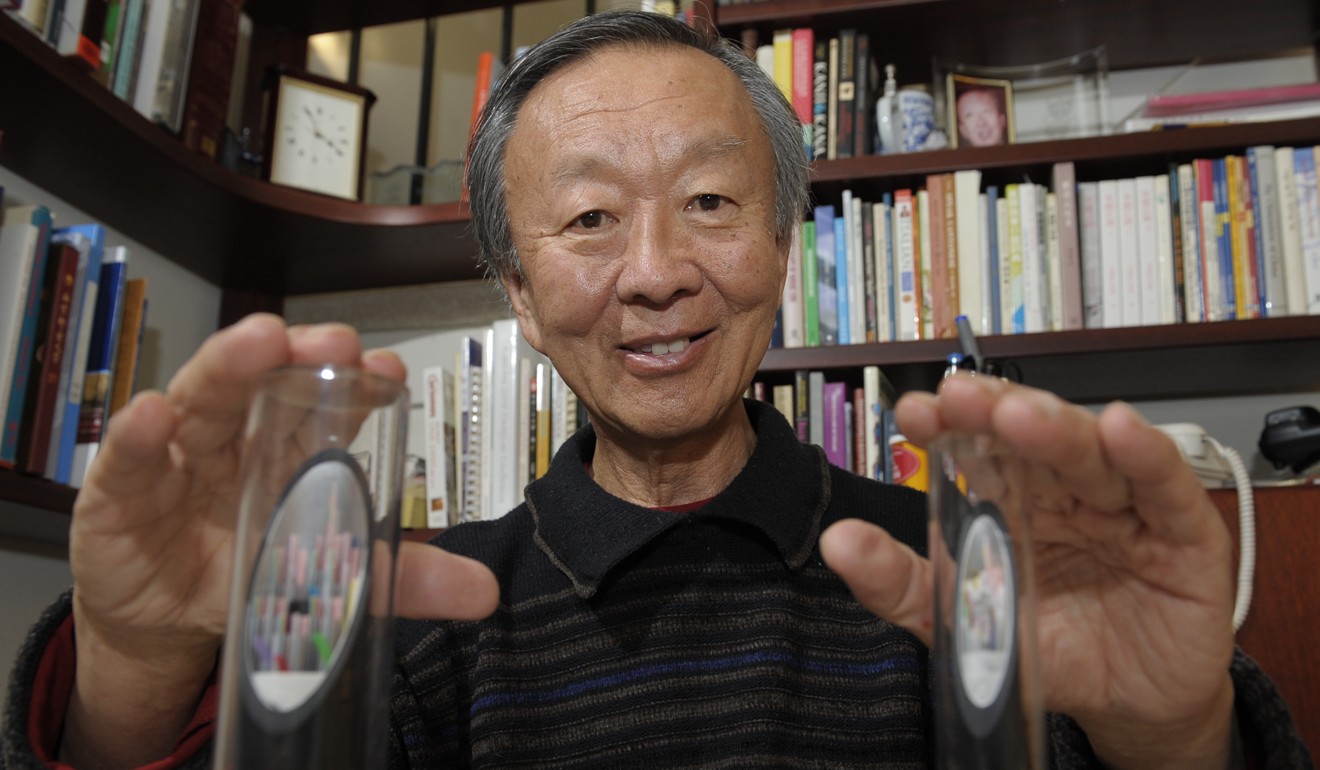
Prominent Hong Kong environmentalist remembers vision and magnanimity of late Charles Kao, father of fibre optics
Renowned professor, as vice chancellor of Chinese University, did not punish former student who staged protest, instead recognising freedom of speech

In 1993, Lo Sze-ping faced expulsion from the Chinese University of Hong Kong for orchestrating a protest at an open-day ceremony on campus. But the student, who would later become a prominent environmentalist, was spared thanks to the leniency of then vice chancellor Professor Charles Kao Kuen, who believed Lo should have the freedom to express his views.
Lo went on to be named a Young Global Leader in 2012 by the World Economic Forum, but till today, he has not forgotten the magnanimity and vision of the late Kao, who was renowned as the father of fibre optics.

The physics Nobel Prize winner died on September 23 at the age of 84, after battling Alzheimer’s disease for more than a decade.
In November 1993, Lo led a dozen students and stormed a ceremony to protest against university management hosting the open-day event, accusing it of using the occasion to glorify its accomplishments.

The group had interrupted Kao, who was about to deliver a speech at the time. After the ceremony, Lo and the protesters distributed to guests about 100 pieces of artwork wrapped inside condoms to symbolise the university encasing students in an environment insulated from reality.
Asked by a Chinese University Student Press reporter after the incident if those involved would be punished, Kao replied: “Punishment? Why do I need to punish them? They have the freedom to express their views.”
Lo, then a student at the university’s department of government and public administration, said they were voicing their dissatisfaction with what was perceived to be the institution’s growing commercialisation. The protesters also opposed Kao accepting Beijing’s appointment of him as a Hong Kong affairs adviser earlier that year.
The quality of a university should be judged on whether dissenting voices are tolerated
“We thought the university management should do more to encourage students to care about society,” Lo said. “We staged the protest for the public good and didn’t think we had done anything wrong.”
But their actions drew the ire of the university and Lo was seen as the ringleader. Professor Kuan Hsin-chi, who was then dean of students, recalled: “During a top-level meeting [after the incident], the dominant view was that Lo should be expelled. I argued that such a punishment would mean the death of his future career.
“I didn’t hesitate to add that naughty students might turn out to be successful leaders in future,” Kuan added. “The ability to be naughty could mean the capacity to think out of the box, hence being creative and innovative.”
Kuan and Kao were among the few top administrators then who decided not to get tough on Lo and his fellow protesters. Lo said he received a warning letter from the university stating his actions had undermined its image.
“It was the right decision made by the top leadership of our beloved university,” Kuan said.
In 2010, Lo was named one of Hong Kong’s Ten Outstanding Young Persons, a list put together by a panel of renowned figures in the city, and organised by NGO Junior Chamber International Hong Kong.

Two years later, he was named a Young Global Leader by the World Economic Forum, a non-profit organisation managed in Switzerland. Those chosen are recognised as high achievers in their field, and participate in programmes and discussions about world issues.
Currently the chief executive officer of WWF-China, Lo said he did not regret what he had done back in 1993.
“Professor Kao and Professor Kuan had the insight and vision to recognise that independent thinking is the essence of a university education,” Lo said.
“The quality of a university should be judged by whether dissenting voices are tolerated and students reflect on the problems facing society, rather than how many academic papers it has published.”